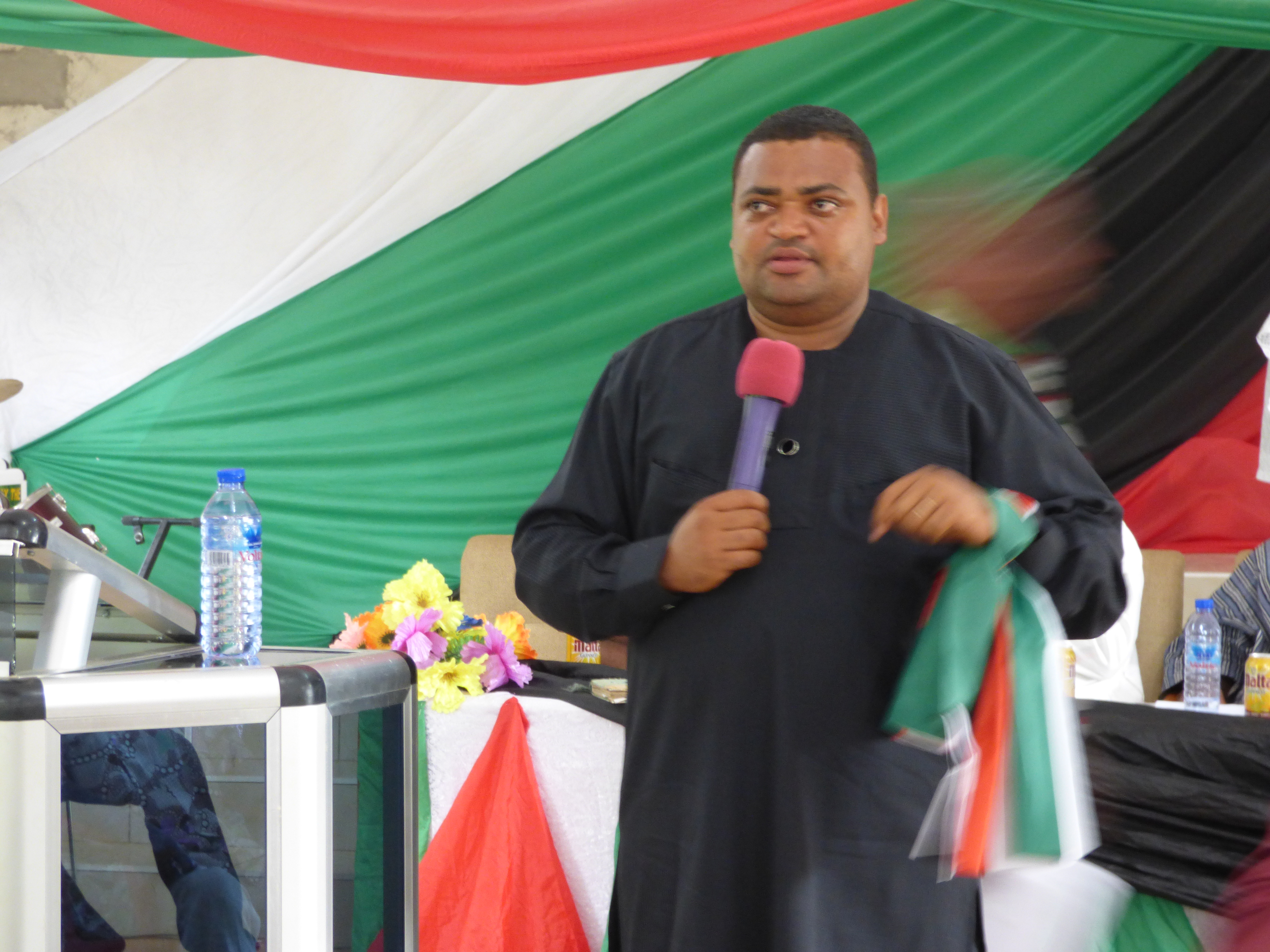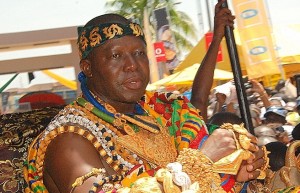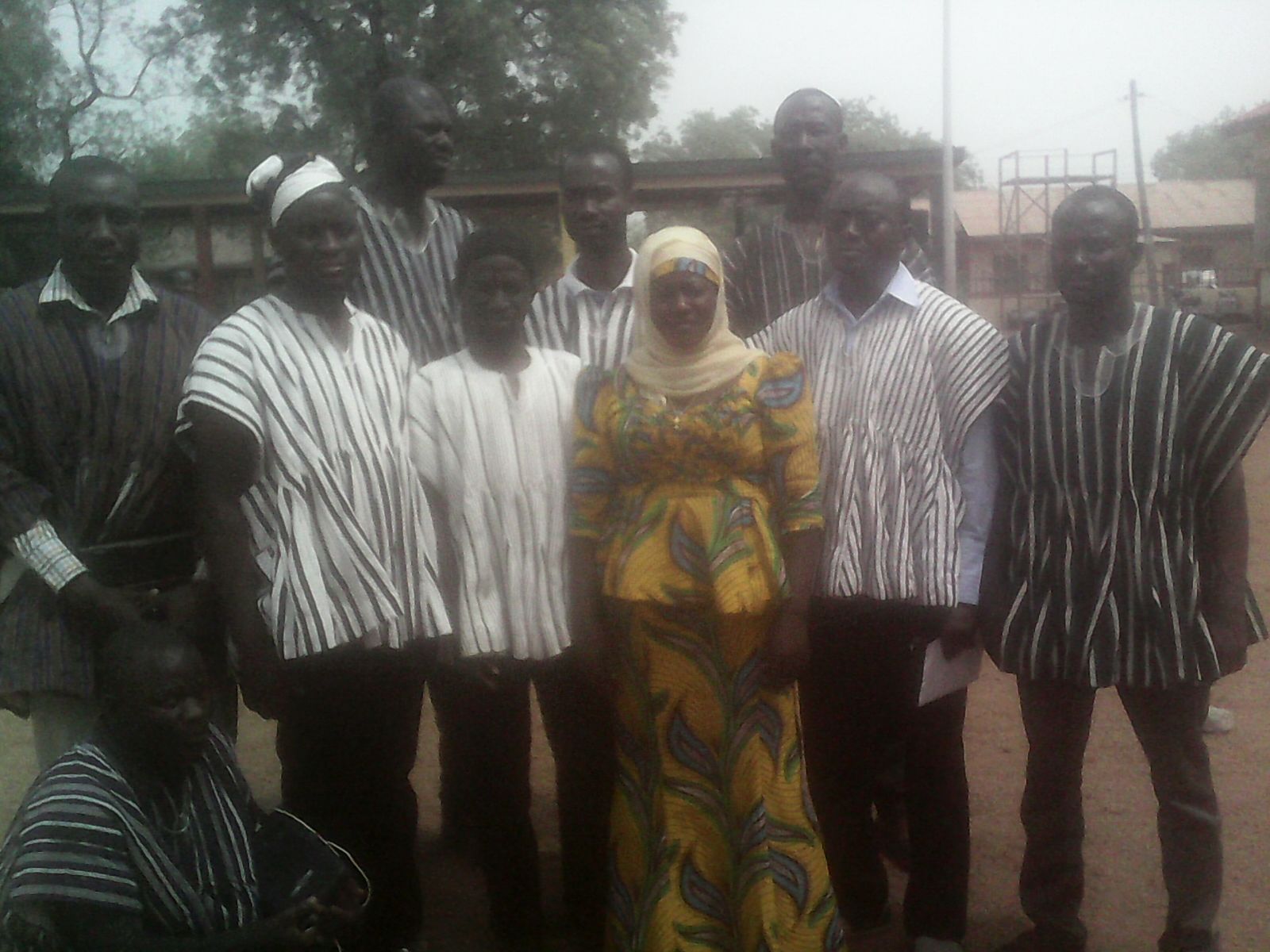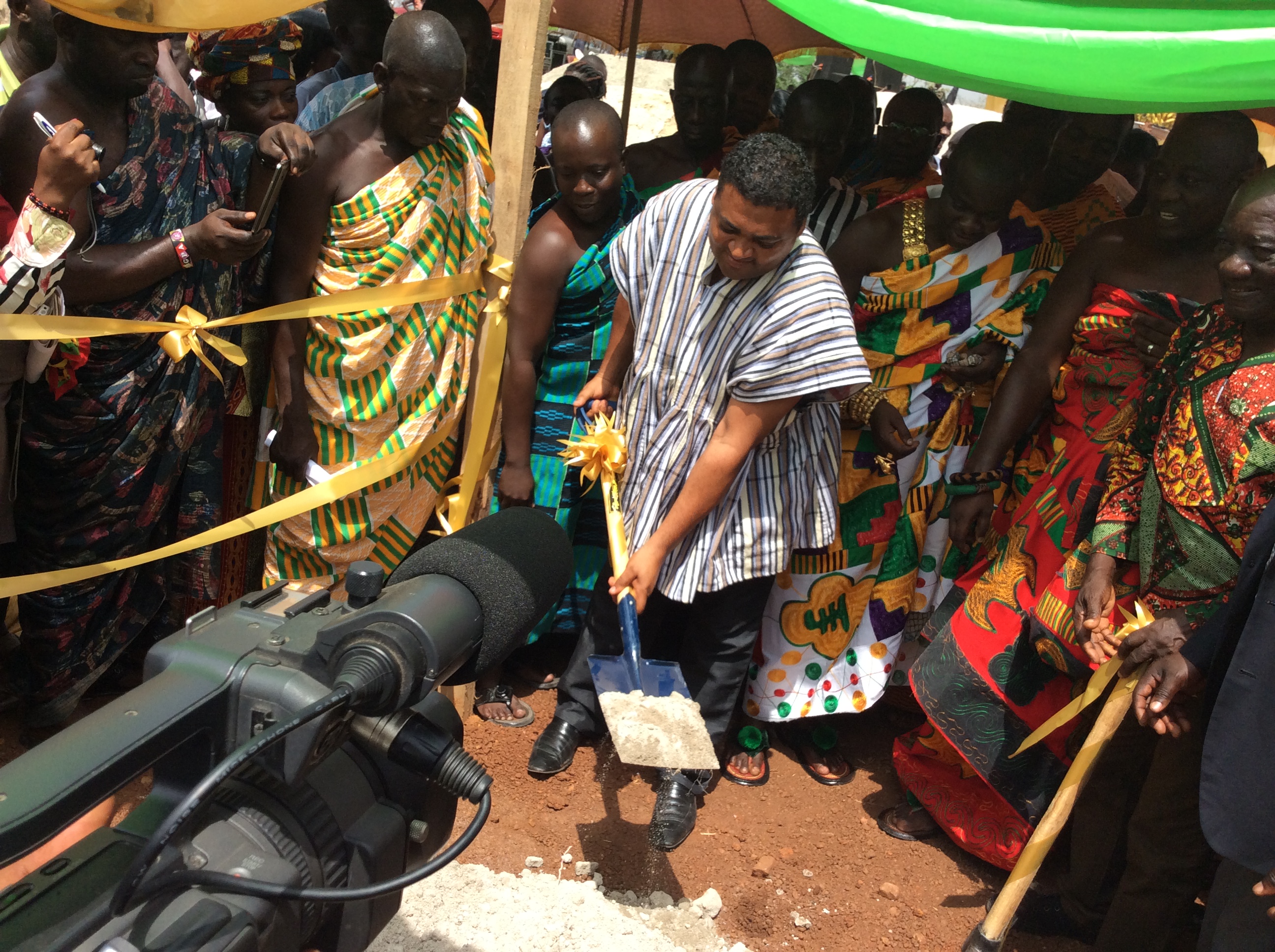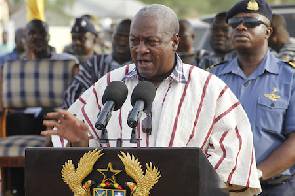 The Asantehene, Otumfuo Osei Tutu II, has added his voice to the view being expressed by some Ghanaians that the pumping of $20 million daily into the economy to stabilise the cedi may not be sustainable.
The Asantehene, Otumfuo Osei Tutu II, has added his voice to the view being expressed by some Ghanaians that the pumping of $20 million daily into the economy to stabilise the cedi may not be sustainable.
He said although the move was a welcome development for the nation because it had resulted in an appreciation in the value of the cedi, it would be difficult to endure the test of time.
He was, however, confident that things would be turned around towards stability in the forseeable future.
Otumfuo Osei Tutu expressed this view in a speech read on his behalf by the Adontenhene of the Kumasi Traditional Area, Nana Adu Gyamfi, at the 12th Ashanti Financial Services Excellence Awards in Kumasi.
It was organised by Top Brass, in collaboration with the Manhyia Palace.
This year’s awards ceremony was used to mark the 80th anniversary of the Restoration of the Asante Confederacy.
The Bank of Ghana had, earlier this month, embarked on new initiatives to stabilise the cedi by inundating the money market with a daily injection of $20 million.
Economic challenges
Otumfuo Osei Tutu noted that all key stakeholders had agreed that the Ghanaian economy was in dire straits, characterised by deep-seated macroeconomic challenges emanating from a defective management of the fiscal and monetary policy regimes.
He added that consequently, it could not be denied that the country was grappling with unending budget deficits, high interest rates, an unsteady exchange rate and a steady depreciation of the cedi against the country’s major trading currencies.
He said the end result of all those challenges, coupled with the crippling power shortfall, had been a decline in business activities and economic growth, with its attendant adverse effect on employment and massive job losses.
He noted that it was in that context of finding an antidote to the difficult economic situation that he endorsed a number of strategic initiatives by the government.
IMF
He reminded the gathering about his public endorsement, at the same function last year, of the government’s decision to approach the International Monetary Fund (IMF) for financial assistance, in view of the circumstances of the economy.
He added that last year, he again pleaded with Ghanaians to expect and accept some level of adverse effects of the IMF’s prescriptions on their standard of living in the short term and cautioned the government to ensure that the prescriptions did not create undue hardship for the ordinary Ghanaian, particularly regarding increases in utility tariffs and retrenchment of public sector workers.
He prayed that in the medium to long term, those prescriptions would lead to the stabilisation of the macroeconomic situation and boost confidence in the business environment.
A Deputy Minister of Finance, Mrs Mona Quartey, commended the organisers of the programme for sustaining the awards, which sought to honour players in the industry.
She stated that given the current fiscal space constraints, there was a significant financing gap and expressed the hope that financial services operators would partner the government to close the gap.
That, she said, could be done through the provision of the needed medium and long-term resources to finance infrastructure and development projects and programmes, especially the commercially viable ones.
She explained that it was to transform the economy from an import-dominated one to an export-driven economy that, in the 2015 budget, the government proposed the establishment of the Ghana Exim Bank.
She announced that the task force set up by President John Mahama to come up with the preparatory work had submitted its report and soon Parliament would pass the Ghana Exim Bank Bill into law to pave the way for it to start operation.
Mrs Quartey explained that the bank would build Ghana’s production capacity, as well as the competitiveness of Ghanaian products and services on the international market and help strategically position Ghana as an export-led economy.
